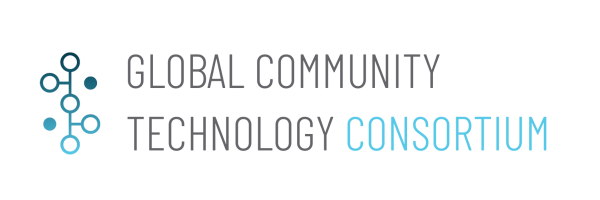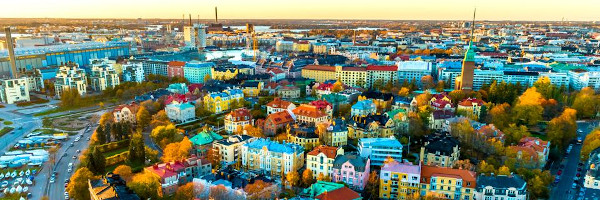Piloting lighting infrastructure as a service platform for smart lighting solutions
| Piloting lighting infrastructure as a service platform for smart lighting solutions | |
|---|---|

| |
 Helsinki Finland | |
| Team Organizations | C2 SmartLight Elisa Greenled Misal Nokia Tehomet Valopaa University of Oulu VTT Technical Research Centre of Finland |
| Team Leaders | Eveliina Juntunen |
| Participating Municipalities | Helsinki Finland Lahti Finland Oulu Finland Raahe Finland Salo Finland Tampere Finland Turku Finland |
| Status | Ready for Public Announcement |
| Document | None |
Description
Lighting infrastructure is centrally located in city, close to people and activities. It provides excellent opportunity to collect and deliver information and services beyond lighting. Project targets to employ lighting infrastructure as the IoT backbone for different services in urban environments.
Challenges
Advanced sensing and communication (5G) technologies are struggling to find installation places in city environment. The challenges relate to the visual impression of devices in the cityscape and to the need of electricity and requirements of installation height.
Solutions
- Smart solutions offer added value for urban environments on various levels of experience. However, there is a lack of knowledge on user’s experiences to support design processes.
- Understanding users’ needs is essential for creating feasible services and business opportunities in platforms.
Major Requirements
- The project develops intelligent LED lighting pilots in participating cities, to which companies involved develop solutions to better respond to the cities’ needs. The research partners integrate the project together through the design of pilot contents and realization, user experience evaluation and technical development and testing.
- The project pilots smart lighting solutions in six Finnish cities in different kinds of urban environments. The research focus is dual: to study user needs and experiences of smart solutions, and to develop and test technology needed for such solution in harsh northern outdoor conditions. Together, separate pilots in different cities around Finland create a living lab ecosystem for developing and testing innovative solutions.
Performance Targets
| Key Performance Indicators (KPIs) | Measurement Methods |
|---|---|
|
|
Standards, Replicability, Scalability, and Sustainability
- Existing lighting infrastructure to be used to serve smart solutions, such as acting as a base station installation stage.
- Cloud service combines data from various data sources
- Used communication technologies are based on standard solutions, so that the same approach can used everywhere.
- Piloting based on mainly commercial technology available for everyone.
Cybersecurity and Privacy
N/A
Impacts
- A platform for developing and testing smart lighting, services and business applications;
- implemented smart lighting solutions in different contexts;
- knowledge of user’s experiences of smart lighting and services through evaluation
Demonstration/Deployment
The project started in 2015 and finishes 2017 and has already shown promising results. Many pilots such as residential area in Raahe, bicycle route in Helsinki, public road in Salo, and augmented reliability service in Lahti are already implemented. Interactive and communicative lighting in city harbor in Lahti and schoolyard in Oulu will be finished by autumn 2017. In Tampere and Turku different piloting activities of smart city technology for various applications such as safety, traffic control and surveillance are constantly on-going with technology partners.